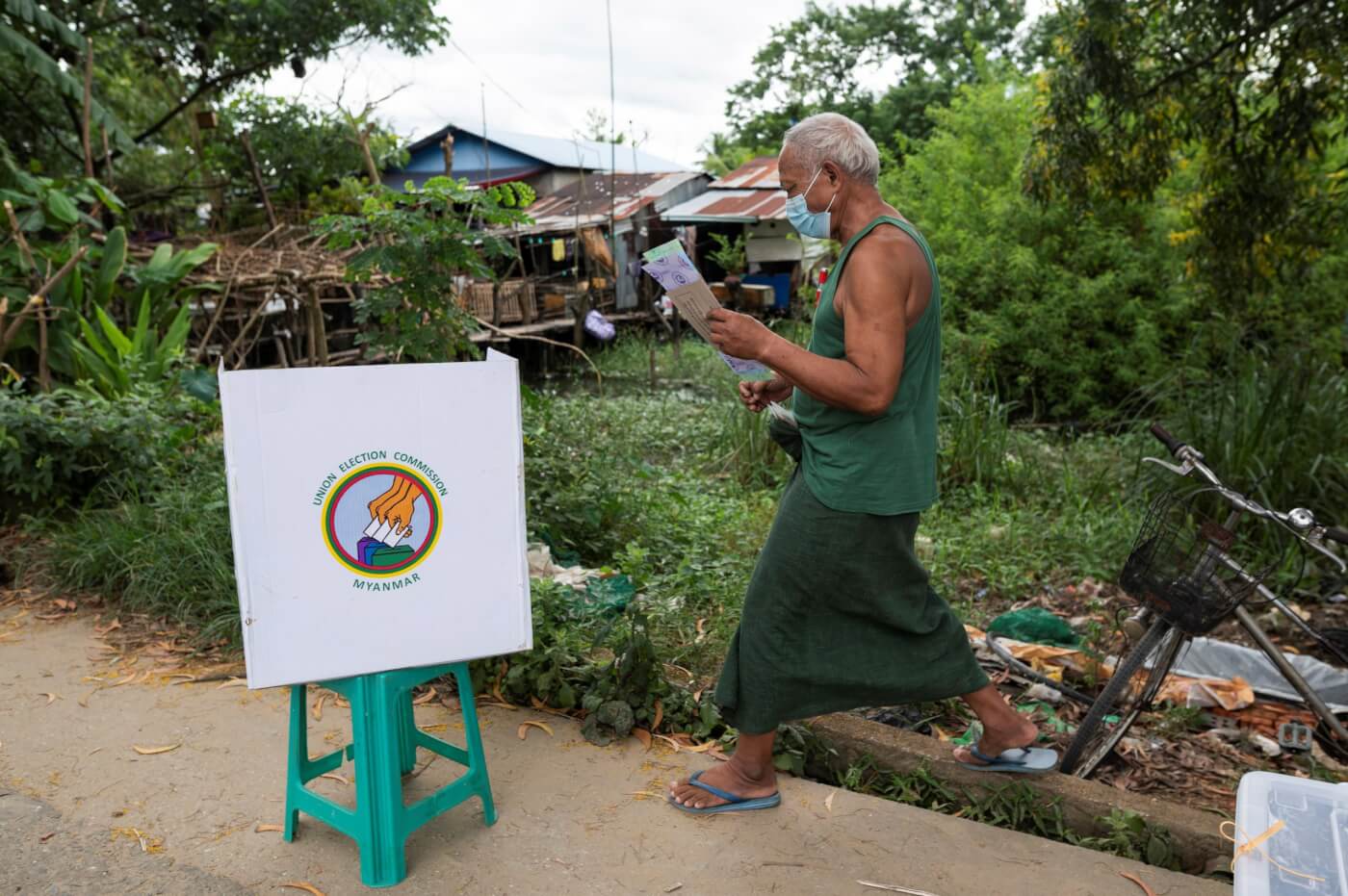Myanmar’s second democratic election, after decades of military rule, is scheduled to be held on 8 November 2020, but many have questioned whether the election will be free, fair, and ultimately reflect the will of the people.
The current reigning political party, the National League for Democracy (NLD), is expected to win a successive landslide victory; with U Myo Nyunt, a member of the NLD executive committee and party spokesman saying “we believe our success rate will be higher than 2015.”
However, the credibility of the electoral system and the projected result has come into question, with the UN urging Myanmar not to undermine the “very lifeblood of democracy” ahead of polls.
Hundreds of thousands of muslim minority Rohingya people have been persecuted in Myanmar and forced to flee to Bangladesh and other countries abroad, rendering them stateless.The Rohingya have suffered decades of violence and Myanmar has been accused of war crimes against the Rohingya at the International Court of justice in the Hague.
The Rohingya people have been disenfranchised by this ongoing persecution and therefore Myanmar has been condemned for restricting the democratic process and potentially producing a government that does not reflect the will of the people.
The deliberate exclusion of Rohingya also extends to those who remain in Myanmar. On 11 October 2020, the electoral commission announced that security reasons meant that voting would not be taking place in Rakhine, the state in which over half of the 600,000 Rohingya remaining in Myanmar live.
Myanmar’s government is infamous for its poor treatment of Rakhine, recently extending an internet blackout that has been in place since June 2019; with many rights advocates warning that the shutdown hinders freedom of expression and the ability of the region’s citizens to access vital information.
Thomas Andrews, the UN special rapporteur on the situation of human rights in Myanmar, said that the elections could not be fair as long as:
“the right to vote is denied based on race, ethnicity, or religion as it is with the Rohingya.”
The credibility of the election has also come under question due to the NLD’s use of Myanmar’s military to suppress opposition, with Mr. Andrews going on to say that it is:
“using the Penal Code, enacted by the British in 1861, to lock up journalists, students and others for exercising their basic right to free expression.”
The Penal Code, which deals with punishments for offence relating to elections, is one of several laws – including the Peaceful Assembly Act and Telecommunications law – that is being enforced in a way that infringes on the rights to freedom of expression, association, and freedom of the press.
The prevalence of fake news, in the form of hate speech, has also been recognised as a potential threat to the democratic process. Sithu Maung, one of only two Muslim candidates permitted to run for the NLD, worries that Facebook could damage his chances, following a torrent of racist abuse and misinformation posted about him ahead of the polls, saying:
“They use race and religion to attack me”
The circulation of fake news via social media is made particularly concerning considering the fact that roughly half of Myanmar’s 53 million citizens use Facebook.
The International community has an obligation to stand up to call for democratic elections in Myanmar at a time when the impartiality of elections around the world are under threat from fake news, misinformation, and voter suppression becoming commonplace. As the American elections are currently the centre of the global stage, it is vital that Myanmar is held to account regardless of the slow progress elsewhere.

